Coenzyme Q10
Out of stock
- Aging & Parkinson’s Disease & Breast Cancer
- Cardiovascular Diseases
- Congestive Heart Failure
>>>Read More
15,090CFA
Out of stock
Benefits:
– Aging & Parkinson’s Disease & Breast Cancer. – Lower Cholesterol – Powerful Antioxidant – Free Radical Scavenger – Increases Energy – Chronic Fatigue· – Aging – Mental Clarity – Inhibit Blood Clots – Muscular Dystrophy – Kidney failure | – Mood Elevation – Periodontal Disease – Limit Post-Surgery Pain – Reduce Chemo effects – Breast Cancer – Congestive Heart Failure – Cardiomyopathy – Angina – Arrhythmias – Counter Alzheimer’s – Fibromyalgia – Awaiting Heart Transplant· – AIDS – Increase T4 Lymphocytes· – Reduce Cancer Pain· – Ischemic heart Disease |
Coenzyme Q10 occurs naturally in the cells of all plants and animals, but dietary sources do not provide adequate therapeutic levels of this nutrient. Co-Q10 is an important fat-soluble antioxidant, which is uniquely able to protect the cells’ energy producing machinery called the ‘mitochondria` from free radical damage. Co-Q10 is an important, vitamin-like compound that is present throughout the body, and is necessary for the production of energy in all its cells. There are several other Co-Q10 compounds present in nature, but Co-Q10 is the only one present in humans.
Coenzyme Q10 and the heart.
The most important application for Co-Q10 is in the treatment and prevention of cardiovascular disease and related disorders that involve the heart. Recent studies have suggested that Co-Q10 can reduce the frequency of angina episodes while strengthening the heart muscle; it can also increase the quality of life and survivability in those with congestive heart failure.
CoQ10 was discovered in 1957-relatively late as vitamins discoveries go-by Frederick Crane, Ph.D., now at Purdue University in Indiana. Four years later, Peter D. Mitchell, Ph.D., of the University of Edinburgh, figured out how CoQ10 produces energy at the cellular level and, in 1978, won the Nobel Prize for chemistry for this discovery.
By the mid-1960s, Japanese researchers recognized that CoQ10 concentrated in the myocardium or heart muscle. Its role in the heart makes sense: the heart, one of the body’s most energetic organs, beats approximately 100,000 times a day and 36 million times a year, and depends on CoQ10 for “bioenergetics.” In the early 1980s, Folkers, director of the Institute for Biochemical Research at
The University of Texas, and the late Per H. Langsjoen, M.D. (Peter’s father), conducted the first study of CoQ10 in the treatment of cardiomyopathy, a form of progressive heart failure.
The findings were astounding. In a well-controlled study, 19 patients who were expected to die from heart failure rebounded with an “extraordinary clinical improvement,” according to Folkers and Langsjoen’s report in the Proceedings of the National Academy of Sciences of the USA (June 1985; 82:4240-4).
Case studies demonstrate the dramatic effect of CoQ10. In Biochemical and Biophysical Research Communications (Jan 15, 1993; 182:247-53), Folkers described a 43-year-old man suffering from cardiomyopathy. After being given CoQ10, his enlarged heart became smaller (indicating it was working more efficiently), and he was able to resume an “extremely active athletic lifestyle.” The heart function of another patient, a 50-year-old man with very severe cardiomyopathy, returned after he took CoQ10, and he has since had “no limitations of activity.
Numerous other studies have confirmed the role of CoQ10 in treating heart failure, which is otherwise treated with drugs (such as beta blockers and ACE inhibitors)-or with a heart transplant. A sampling:
Sixty-five cardiologists treating 806 patients for heart failure or ischemic heart disease indicated “significant” benefits from CoQ10. (Langsjoen, PH, Klinische Wochenschrift, 1988; 66:583-90.)
Twenty-five hundred heart failure patients at 173 Italian medical centers were given 50 to 150 mg CoQ10 daily for three months. Eighty percent of the patients had some type of improvement. (Clinical Investigator, Aug. 1993; 71S: 145-9)
A 12-month double-blind study compared 319 patients taking CoQ10 with 322 taking a placebo. CoQ10 reduced complications of heart failure as well as the need for hospitalization. (Clinical Investigator, Aug. 1993; 71S: 134-6).
CoQ10 and Cancer: Although CoQ10 is best documented in the treatment of heart failure; two recent medical journal articles suggest tremendous promise in the treatment of cancer. In Biochemical and Biophysical Research Communications (April 15, 1993; 192:241-5), Folkers described 10 cancer patients given CoQ10 for heart failure. One of the patients, a 48-year-old man diagnosed in 1977 with inoperable lung cancer, has not had any signs of both cancer and heart failure symptoms while taking CoQ10 for 17 years! Another patient, an 82-year-old man, had been treated for colon cancer.
Knud Lockwood, M.D., a cancer specialist in Copenhagen, Denmark, recently described his treatment of 32 “high-risk” breast cancer patients with antioxidant vitamins, essential fatty acids, and CoQ10. “No patient died and all expressed a feeling of well-being,” he wrote in Biochemical and Biophysical Research Communications (March 30, 1994; 199:1504-8). “These clinical results are remarkable since about 4 deaths would have been expected. Now, after 24 months, all still survive; about 6 deaths would have been expected.”
Six of the 32 patients showed partial tumor remission, and two benefited from very high doses of CoQ10. One, a 59-year-old woman with a family history of breast cancer, had a tumor removed from her left breast. The cancer returned, but “stabilized” at about 1.5-2 centimeters (about 1/2 to 3/4-inch) in diameter when the patient took 90 mg. of CoQ10 daily. One month after increasing the CoQ10 intake to 390 mg. daily, the tumor disappeared. Mammography confirmed its absence.
Another patient, age 74, had a small tumor removed from her right breast. She refused a second operation to remove additional growths and began taking 300 mg of CoQ10 daily. Three months later, an examination and mammography revealed no evidence of the tumor or metastases.
Lockwood, who has treated some 7,000 cases of breast cancer over 35 years, wrote that until using CoQ10, he had “never seen a spontaneous complete regression of a 1.5-2.0 centimeter breast tumor, and has never seen a comparable regression on any conventional anti-tumor therapy.”
CoQ10 and AIDS: One of the most remarkable findings was that CoQ10 supplementation could extend the lifespan of patients with acquired immune deficiency syndrome (AIDS). In 1986, Folkers and Per Langsjoen began treating seven patients with HIV or AIDS. Not all of the patients consistently took CoQ10, but “the treatment was very encouraging and at times even striking,” Folkers, wrote in Biochemical and Biophysical Research Communications (June 16, 1988; 153:888-96). “All 7 patients (3 AIDS, 4 ARC) felt better soon after starting on CoQ10,” wrote Folkers.
It’s with the treatment of AIDS that the medical story of CoQ10 turns into one of economic intrigue. The University of Texas, where the AIDS/CoQ10 research was conducted, applied for a “use-patent” for the treatment of AIDS. The patent (#1,011,858), one of several for CoQ10 and immune function, was granted on April 30, 1991. The use-patent gives the owner full patent rights to the nutrient when it’s prescribed for the treatment of AIDS.
In 1993, the university sold the use-patient to James Ryan, an investment banker and one of the patients in Folkers’ original cardiomyopathy study. Ryan, head of Ryan Pharmaceuticals, paid several hundred thousand dollars for the use patent, then sold it for an estimated $2 million to Receptagen, a U.S./Canadian biotechnology firm. The company plans to market prescription versions of CoQ10 for the treatment of AIDS sometime in the next two years.
Kidney failure: Supplementation with CoQ10 resulted in an improvement in various measures of kidney function, including serum creatinine (29% improvement) and blood urea nitrogen (9% improvement). This reduces the frequency of dialysis.
Male Infertility: Coenzyme Q10 helps sperm movement.
A new study shows that daily supplementation with coenzyme Q10 can help improve sperm movement in infertile men. Decreased sperm motility, the percentage of sperm that move forward normally, is a common cause of male infertility. Coenzyme Q10 Boosts Sperm Health Researchers say coenzyme Q10 is known to be active in the testes and is an antioxidant that plays an important role in forming the membranes and other structures within cells by fighting the effects of oxidative stress.
In the study, published in the January issue of Fertility & Sterility, researchers looked at the effects of daily oral supplementation with 200 mg of coenzyme Q10 in 22 infertile men with low sperm motility.
At the start of the study, researchers found the men had lower-than-normal levels of coenzyme Q10 in their seminal fluid. After six months of supplementation with the antioxidant, the men experienced a significant increase in these levels. In addition, researchers also found a significant increase in sperm motility, and this increase was linked to the rise in coenzyme Q10 levels.
Researchers say that if further studies confirm these results, supplementation with coenzyme Q10 may help in the treatment of male infertility caused by sperm motility problems.
Other Uses
Practitioners are now using Co-Q10 to treat many different types of pathologies ranging from AIDS to Parkinson’s disease. Co-Q10 is even being used to treat breast cancer and support the health of those who are receiving chemotherapy. Co-Q10 has also been shown to be of potential benefit to diabetics because of its ability to enhance insulin production.
Co-Q10 has also been used with favorable results to treat symptoms of muscular dystrophy and those with gum disease, both of which are linked to Co-Q10 deficiency. And although being overweight can be attributed to several systemic dysfunctions, obesity may also be linked to a deficiency of Co-Q10. Studies have suggested that supplementation can enhance weight loss, if used in conjunction with several other metabolic enhancing ingredients. In addition to the Sulfur bearing amino acids that are now available and are used therapeutically, it is important to note that Co-Q10 can also protect against the side effects of beta-blockers and anti-psychotics such as biguanides, clonidine, gemfibrozil, methyldopa, and haloperidol and tetracyclic antidepressants.
Supplement Facts | ||
Serving Size: One (1) capsule | ||
Amount per serving | % Daily Value | |
Co-Enzyme Q10 | 20 mg | * |
Daily Value not established | ||
Other ingredients: Gelatin, maltodextrin, silicon dioxide, magnesium stearate | ||
Directions: 1 capsule daily as a daily supplement. But can also be taken 2-3 times daily in cases of cardiovascular conditions. But it’s advisable to contact medical personnel or prescriber for better dosing.
| Weight | 36 g |
|---|

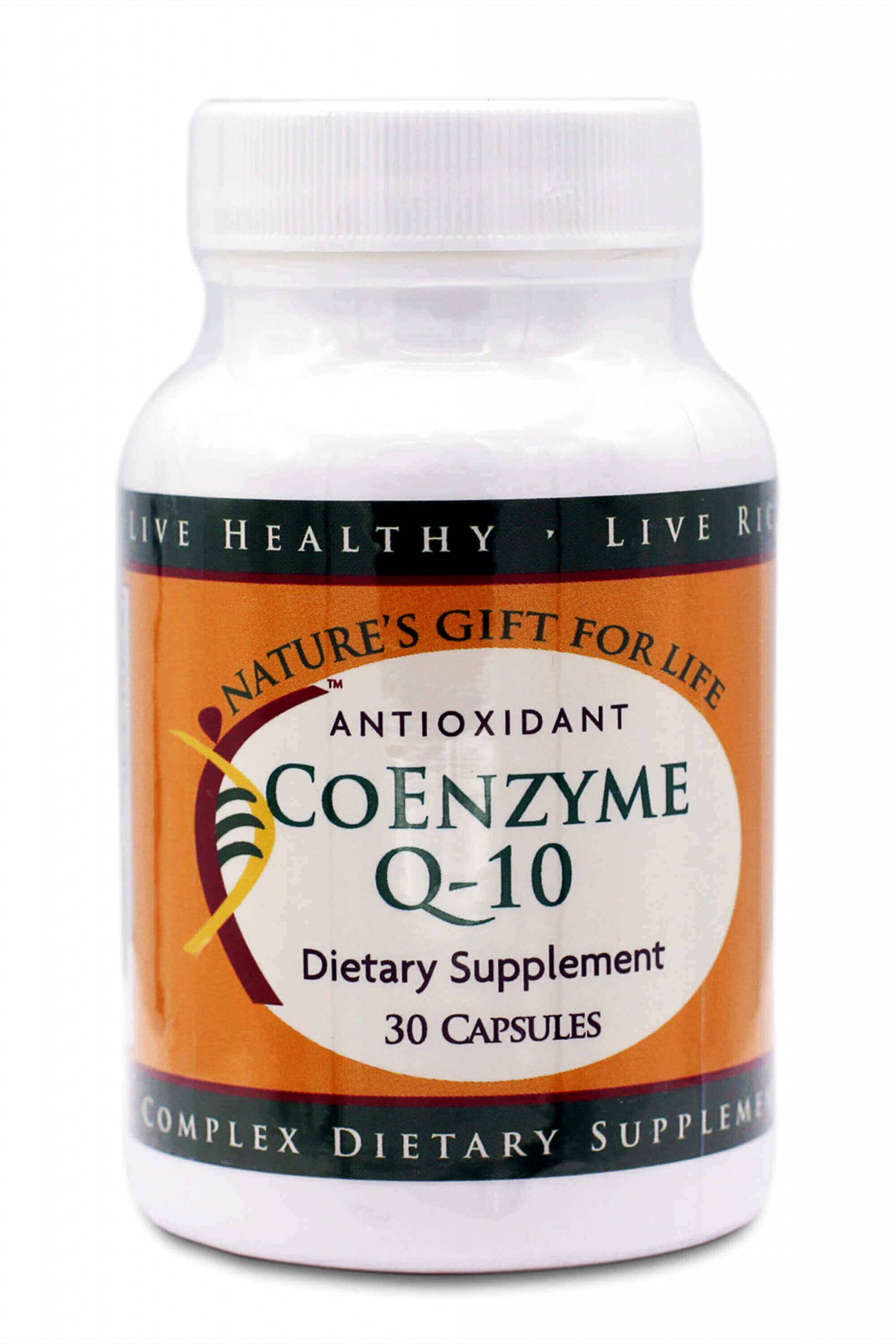
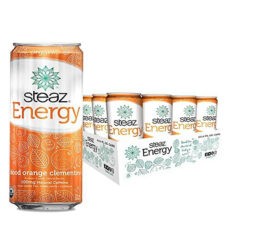
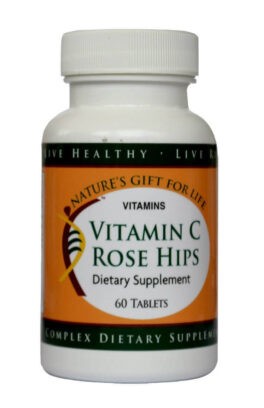
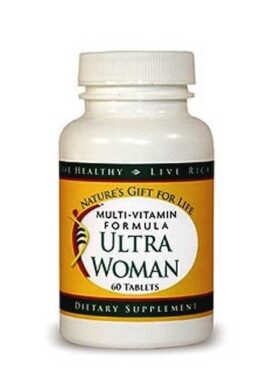
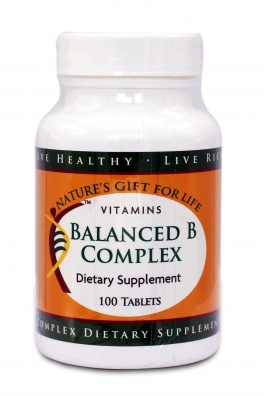
There are no reviews yet.